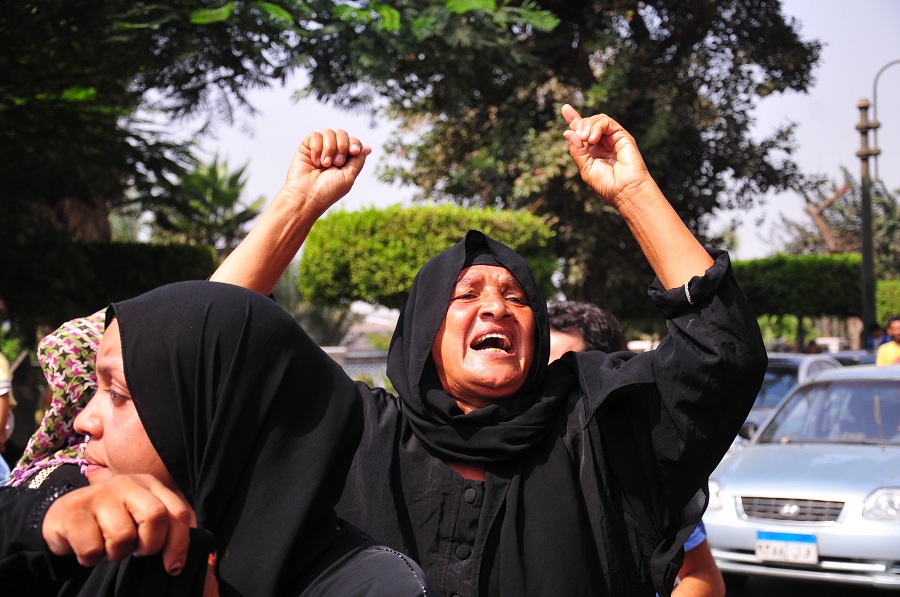Turkey’s leadership, including President Erdogan and his family, is involved in illegal oil trade with “Islamic State” militants, said the Russian Defence Ministry in a press conference, reported state-owned Russia Today.
The Defence Ministry stressed that Turkey is the final destination for oil smuggled from Syria and Iraq.
Russia is aware of three main oil smuggling routes to Turkey, according to Deputy Minister Anatoly Antonov.
“The income of this terrorist organisation was about $3m per day. After two months of Russian airstrikes their income was about $1.5m a day,” Russian General Staff Sergey Rudskoi added at the conference.
Over the two past months, he said, Russian air strikes have destroyed 32 oil refining complexes, 11 oil refineries, 23 oil pumping stations and 1,080 vehicles carrying petroleum products.
In the media briefing, Russian Defence Minister Sergey Shoygu said 2,000 fighters, 250 vehicles and hundreds of tonnes of ammunition have been sent in the past weeks from Turkey to terrorists in Syria, fuelling violence in the country.
Three main routes of oil smuggling to Turkey have been established. One goes to Turkish ports on the Mediterranean coast, where the oil is shipped to other nations, according to Russian officials.
Russia decided to impose economic sanctions on Turkey by banning the exportation of certain Turkish goods, and putting restrictions on the visa-free system between the two countries, after Turkey downed the Russian Su-24 near the Turkish-Syrian border.
Speaking to Daily News Egypt, Andrew Korybko, a Moscow-based political analyst and journalist for Sputnik news agency and an expert at the Institute for Strategic Studies and Predictions, said he believes Russia’s reaction was predictable. “Those who are truly in tune with Russia’s foreign policy know that Moscow would not respond to Ankara with a direct military provocation,” he said.
Certain military steps were taken, such as deploying surface-to-air missiles to Syria, but these are defensive decisions taken to support Russian operations in Syria, not to set the stage for a forthcoming offence against Turkey, Korybko said.
He believes the economic responses were actually quite predictable. “If one thinks about them in hindsight. Turkey has certain economic spheres that are disproportionately dependent on Russian patronage, such as the tourism and energy sectors.”
Given the blatant aggression the Turkish government exhibited towards Russia, Moscow could not, in any respectable way, continue to support some of these projects, hence banning sales of tourism packages to Turkey. It will also likely freeze its energy megaprojects with the country, Korybko predicted.
Russia intends to macro-economically destabilise the Turkish state by putting it on the defensive. Turkey must then take urgent and necessary domestic decisions to respond to Russia’s moves.
Considering that the last elections knocked Erdogan’s Justice and Development Party out of its leading position, any mismanagement in addressing the negative economic conditions with Russia’s restrictions could unintentionally lead to even more anti-government resentment and potentially provoke another Gezi Park-like movement against Erdogan, he said.
Considering the consequences that Russia’s economic response to Turkey’s aggression could have on Ankara’s domestic politics, Korybko envisaged this would further divide the strategic focus of Turkey and put it in a more disadvantageous position to support terrorism in Syria.
Turkey and its military apparatus cannot do all things at once, and a surge in domestic challenges would naturally prompt the government to prioritise its internal problems at the expense of supporting external destabilisation.
Russia’s reactions seem as though they will have a long-term effect on the role played by Turkey in Syria, according to Korybko.


